初中必背古诗
《春望》· 杜甫
主题:战争·爱国
原诗:
国破山河在,城春草木深。感时花溅泪,恨别鸟惊心。
烽火连三月,家书抵万金。白头搔更短,浑欲不胜簪。
释义:
国家破碎,山河依旧存在;春日的长安城,杂草丛生一片荒芜。感于时局动荡,见花开反觉落泪;苦于离别之痛,闻鸟鸣更添心伤。战火持续三月未停,一封家书珍贵如万金。愁白的头发越抓越短,连簪子都快插不住了。
英文对照:
The country is shattered, yet mountains and rivers remain;
In spring, the city’s overgrown with weeds and green.
Grieving for the times, flowers make me shed tears;
Hating parting, birds stir my heart with fears.
War flames have raged three months through,
A family letter’s worth a million too.
My white hair, scratched, grows thin and short—
Too sparse to hold the pin, my grief pours out.
《陋室铭》· 刘禹锡
主题:文铭(托物言志)
原诗:
山不在高,有仙则名。水不在深,有龙则灵。斯是陋室,惟吾德馨。苔痕上阶绿,草色入帘青。谈笑有鸿儒,往来无白丁。可以调素琴,阅金经。无丝竹之乱耳,无案牍之劳形。南阳诸葛庐,西蜀子云亭。孔子云:何陋之有?
释义:
山不在于高,有仙人居住就有名;水不在于深,有蛟龙潜藏就有灵韵。这是简陋的屋子,只因我品德高尚而温馨。苔痕爬满台阶,绿意盎然;草色映入门帘,青翠喜人。这里谈笑的是博学之士,往来的没有粗俗之人。可以弹素琴、读佛经,没有嘈杂的音乐扰乱耳朵,没有繁琐的公文劳累身心。就像南阳诸葛亮的草庐,西蜀扬雄的亭子,孔子说:“有什么简陋的呢?”
英文对照:
A mountain needs no height—if immortals dwell, it gains renown.
A stream needs no depth—if dragons lie, it’s hallowed ground.
This hut is humble, yet my virtue makes it bright.
Moss climbs the steps, green; grass tints the curtain light.
With learned sages I converse, no common folk I greet.
I play plain zithers, read sacred texts, and find retreat.
No music clatters in my ear, no papers tire my frame.
Like Zhuge’s thatched hut or Ziyang’s hall, I claim:
Confucius said, “What’s humble in this place?”
《夜雨寄北》· 李商隐
主题:唐诗三百首·爱情(思归)
原诗:
君问归期未有期,巴山夜雨涨秋池。何当共剪西窗烛,却话巴山夜雨时。
释义:
你问我何时回家,我却还没有确定的归期;巴山下着夜雨,秋池里的水涨满了。何时能与你共坐西窗下,剪亮烛芯,一起回忆今夜这巴山夜雨的情景?
英文对照:
You ask when I’ll return, but no date I can say—
The autumn pool swells with night rain in Bashan’s way.
When shall we trim the west window’s candlelight,
And talk of this night’s rain, so far from your sight?
《黄鹤楼》· 崔颢
主题:怀古·唐诗三百首
原诗:
昔人已乘黄鹤去,此地空余黄鹤楼。黄鹤一去不复返,白云千载空悠悠。晴川历历汉阳树,芳草萋萋鹦鹉洲。日暮乡关何处是?烟波江上使人愁。
释义:
昔日的仙人已乘黄鹤飞走,这里只留下空荡荡的黄鹤楼。黄鹤一去不再回返,千百年来唯有白云飘游。阳光照耀下,汉阳的树木清晰可见;鹦鹉洲上,芳草茂盛。暮色中,故乡在哪里?江上的烟波令人心头生愁。
英文对照:
The immortal left on a yellow crane,
Leaving this tower empty, lone and lean.
The crane flew off, never to return—
For a thousand years, white clouds drift serene.
Sunlit, trees of Hanyang stand clear;
Fragrant grass on Yingwu Isle grows near.
At dusk, where is my hometown’s trace?
Mists on the river stir my heart’s sad grace.
《望岳》· 杜甫
主题:唐诗三百首·励志
原诗:
岱宗夫如何?齐鲁青未了。造化钟神秀,阴阳割昏晓。荡胸生曾云,决眦入归鸟。会当凌绝顶,一览众山小。
释义:
泰山(岱宗)究竟如何?从齐到鲁,青翠山色绵延不尽。大自然将神奇与灵秀集于此处,山南山北明暗不同,如昼夜分割。层云翻涌,涤荡心胸;极目远眺,归鸟飞入山坳。终有一日,我定要登上顶峰,俯瞰群山,方知它们是如此渺小。
英文对照:
What is Mount Tai like? Its green spans Qi and Lu, unbounded.
Heaven’s grace pours here, splitting dawn and dusk with grandeur.
Clouds rise, stirring my heart; I strain my eyes, as birds return.
I’ll climb its peak one day—all lesser mountains shrink and yearn.
《送杜少府之任蜀州》· 王勃
主题:友情·送别
原诗:
城阙辅三秦,风烟望五津。与君离别意,同是宦游人。海内存知己,天涯若比邻。无为在歧路,儿女共沾巾。
释义:
长安城被三秦之地环绕,遥望蜀州的五津,风烟迷蒙。我与你同是离乡为官之人,离别之际,心意相通。只要四海之内有知己,即使远在天涯也如近邻。不必在岔路口像小儿女般哭别,珍重即可。
英文对照:
The capital, guarded by Three Qin,
O’er misty Wujin I peer.
We part, both exiled to serve—
Yet friends across the world are near.
No need to weep like children here:
A thousand miles, we still hold dear.
《白雪歌送武判官归京》· 岑参
主题:唐诗三百首·冬天
原诗:
北风卷地白草折,胡天八月即飞雪。忽如一夜春风来,千树万树梨花开。散入珠帘湿罗幕,狐裘不暖锦衾薄。将军角弓不得控,都护铁衣冷难着。瀚海阑干百丈冰,愁云惨淡万里凝。中军置酒饮归客,胡琴琵琶与羌笛。纷纷暮雪下辕门,风掣红旗冻不翻。轮台东门送君去,去时雪满天山路。山回路转不见君,雪上空留马行处。
释义:
北风卷地,白草折断;塞北八月已飞雪。雪花飘落,如一夜春风吹开千万树梨花。雪花渗入珠帘,打湿罗幕;狐裘不暖,锦被显薄。将军的角弓冻得拉不开,都护的铁甲冷得难穿。沙漠里百丈冰棱纵横,愁云万里凝结。中军帐设酒宴为归客饯行,胡琴琵琶羌笛齐鸣。傍晚雪落辕门,红旗被风吹得冻硬不翻。送君出轮台东门,雪满天山道。山回路转,不见君影,雪地上只留马蹄印。
英文对照:
The north wind tears the white grass, bends;
In August, Hu sky snow descends.
Overnight, spring wind seems to blow—
Ten thousand pear trees bloom with snow.
Snow seeps through beads, soaks silk and fur;
Furs can’t warm, thick quilts feel poor.
Generals’ bows freeze, hard to draw;
Commanders’ armor chills, hard to don.
Vast ice spreads o’er the desert wide;
Gloomy clouds condense, a frozen tide.
In camp, we feast for our friend’s return—
Hu lutes and flutes fill the air, a burn.
Snow falls at dusk on the camp gate;
The red flag freezes, no more to flate.
We see you off east of Luntai town,
Snow covers Tianshan’s path, a down.
Mountains twist, you vanish from sight—
Only horse tracks in snow, left white.
《过故人庄》· 孟浩然
主题:友情·田园
原诗:
故人具鸡黍,邀我至田家。绿树村边合,青山郭外斜。开轩面场圃,把酒话桑麻。待到重阳日,还来就菊花。
释义:
老友备下饭菜,邀我到农舍作客。绿树环绕村庄,青山斜卧城外。推开窗,面对谷场与菜圃;端起酒,闲谈农事与桑麻。等重阳节到了,我还要再来赏菊。
英文对照:
An old friend cooks chicken and millet, invites me to his farm.
Green trees enclose the village; blue hills slope beyond the arm.
I open windows, facing fields and plots; with wine, we talk of crops.
When Double Ninth comes again, I’ll return for chrysanthemums.
《使至塞上》· 王维
主题:战士·赞美
原诗:
单车欲问边,属国过居延。征蓬出汉塞,归雁入胡天。大漠孤烟直,长河落日圆。萧关逢候骑,都护在燕然。
释义:
轻车简从出使边塞,经过居延属国。像飘飞的蓬草出了汉塞,如北归的大雁飞入胡地。大漠中孤烟直上,黄河边落日浑圆。在萧关遇到侦察骑兵,得知都护已在燕然前线。
英文对照:
A lone cart heads to the border, passing Juyan’s land.
Like drifting thistles, I cross Han’s gate; wild geese return to foreign sand.
O’er desert, smoke rises straight; by the river, the sun sets round.
At Xiao Pass, scouts I meet—our general’s won, on Yanran’s ground.
《茅屋为秋风所破歌》· 杜甫
主题:感怀·悲愤
原诗:
八月秋高风怒号,卷我屋上三重茅。茅飞渡江洒江郊,高者挂罥长林梢,下者飘转沉塘坳。南村群童欺我老无力,忍能对面为盗贼。公然抱茅入竹去,唇焦口燥呼不得,归来倚杖自叹息。俄顷风定云墨色,秋天漠漠向昏黑。布衾多年冷似铁,娇儿恶卧踏里裂。床头屋漏无干处,雨脚如麻未断绝。自经丧乱少睡眠,长夜沾湿何由彻!安得广厦千万间,大庇天下寒士俱欢颜!风雨不动安如山。呜呼!何时眼前突兀见此屋,吾庐独破受冻死亦足!
释义:
八月秋深,狂风怒吼,卷走我屋顶三层茅草。茅草飞过江,散落在江边;高挂树梢,低沉塘坳。南村孩童欺我年老无力,竟当面抢茅入竹林。我喊得唇焦口燥,只能拄杖叹息。不久风停,乌云如墨,天色渐暗。旧被冷硬如铁,孩子睡相差,里子蹬裂。床头漏雨无干处,雨密如麻不止。战乱以来少睡眠,长夜湿冷难捱!何时能有千万间大厦,庇护天下寒士欢颜?风雨不动安稳如山。唉!若眼前突然出现这样的屋,即使我的茅屋独破,冻死也甘心!
英文对照:
In eighth moon, autumn winds roar,
Ripping three layers of thatch from my door.
The thatch flies o’er the river, scatters wide—
High, caught in treetops; low, sunk in pond’s tide.
Village brats mock my age, my weak frame,
Boldly snatch the thatch, into bamboos they came.
I shout till my lips are dry, no use—
Leaning on a cane, I sigh, my heart bruised.
Soon winds still, clouds turn ink-black,
Autumn dims, dusk creeps back.
Old quilt’s cold as iron, child kicks it torn—
Bedside leaks, no dry spot, rain pours on.
Since war broke, sleep’s rare, long nights I lie,
Soaked, my grief won’t die.
O, for ten thousand mansions tall,
Sheltering all the poor, joy in their call!
Firm as mountains, storms can’t shake—
Ah, when will such a sight awake?
Let my hut break, let me freeze, I’ll bear—
If this dream for all can be there.
《酬乐天扬州初逢席上见赠》· 刘禹锡
主题:励志·贬谪
原诗:
巴山楚水凄凉地,二十三年弃置身。怀旧空吟闻笛赋,到乡翻似烂柯人。沉舟侧畔千帆过,病树前头万木春。今日听君歌一曲,暂凭杯酒长精神。
释义:
我被贬到巴楚荒凉之地,一去就是二十三年。怀念旧友,只能空吟《思旧赋》;回到故乡,却像那观棋烂柯的王质,恍若隔世。沉船旁千帆竞发,病树前万木逢春(旧事物终将被新事物取代)。今日听你为我赋诗一首,暂且借这杯酒振作精神。
英文对照:
Banished to Ba and Chu’s bleak land, twenty-three years I’ve strayed.
For old friends, I hum “Ode to Grief”—home now feels like a dream delayed.
A sunken ship, yet sails race by; a withered tree, but spring’s on the rise.
Your song today revives my heart—with wine, I lift my eyes.
《江南逢李龟年》· 杜甫
主题:唐诗三百首·行旅
原诗:
岐王宅里寻常见,崔九堂前几度闻。正是江南好风景,落花时节又逢君。
释义:
当年在岐王府中常常见到你,在崔九堂前多次听你演唱。如今正是江南风景如画的时节,在落花纷飞时又与你相逢。
英文对照:
At Prince Qi’s hall, I saw you oft; at Cui Jiu’s, your songs I heard.
Now, in Jiangnan’s fair spring, with falling flowers, we’re reunited.
《小石潭记》· 柳宗元
主题:文记(山水游记)
原诗(节选核心段落):
从小丘西行百二十步,隔篁竹,闻水声,如鸣珮环,心乐之。伐竹取道,下见小潭,水尤清冽。全石以为底,近岸,卷石底以出,为坻,为屿,为嵁,为岩。青树翠蔓,蒙络摇缀,参差披拂。潭中鱼可百许头,皆若空游无所依,日光下澈,影布石上。佁然不动,俶尔远逝,往来翕忽,似与游者相乐。
释义:
从小丘向西走一百二十步,隔着竹林听见水声,像玉佩碰撞般清脆,心中欢喜。砍竹开路,下见小潭,水清澈透底。潭底全是石头,近岸处石底翻卷,形成各种形态。青树翠藤,缠绕摇曳。潭中约百条鱼,仿佛悬空游动;阳光直射,鱼影映在石上,时而静止,时而倏忽游远,似与游人同乐。
英文对照:
West of the hill, 120 paces—through bamboo, a stream’s song rings, like jade.
Clearing a path, I find a pool, its water crystal-clear.
The bed is stone, rolling up near the shore into ledges, islands, crags.
Green trees and vines twist, swaying in the breeze.
A hundred fish hover, as if floating in air; sunlight pierces, casting shadows.
They still, then dart—playing, it seems, with the visitor.
《闻王昌龄左迁龙标遥有此寄》· 李白
主题:友情·贬谪
原诗:
杨花落尽子规啼,闻道龙标过五溪。我寄愁心与明月,随君直到夜郎西。
释义:
杨花飘落,子规啼鸣,听说你被贬龙标,要经过五溪。我把愁心托付明月,伴你一路到夜郎以西。
英文对照:
Poplar flowers fade, cuckoos wail—news comes: you’re exiled to Longbiao, o’er Five Streams.
I send my sorrow with the moon, to follow you west to Yelang’s beams.
《竹里馆》· 王维
主题:唐诗三百首·隐逸
原诗:
独坐幽篁里,弹琴复长啸。深林人不知,明月来相照。
释义:
独自坐在幽静的竹林里,弹琴又长啸。深林无人知晓我的存在,唯有明月来陪伴。
英文对照:
Alone in bamboo’s shade, I play the zither, sing aloud.
No one knows my hidden place—only the moon looks down, so proud.
《秋词(其一)》· 刘禹锡
主题:秋天·行旅
原诗:
自古逢秋悲寂寥,我言秋日胜春朝。晴空一鹤排云上,便引诗情到碧霄。
释义:
自古人们悲秋寂寥,我却说秋日胜过春日。晴空中一只白鹤凌云而上,把我的诗情引向蓝天。
英文对照:
Since old times, autumn’s called bleak—yet I say, it outshines spring’s cheer.
A crane soars through the clear sky, lifting my verse to heaven near.
《雁门太守行》· 李贺
主题:战争·爱国
原诗:
黑云压城城欲摧,甲光向日金鳞开。角声满天秋色里,塞上燕脂凝夜紫。半卷红旗临易水,霜重鼓寒声不起。报君黄金台上意,提携玉龙为君死。
释义:
黑云压城,城墙欲摧;阳光照甲,如金鳞闪烁。秋空中号角震天,边塞暮色如凝血般紫。红旗半卷,逼近易水;霜重鼓寒,声弱难起。为报君王知遇之恩,愿提宝剑为国捐躯。
英文对照:
Dark clouds crush the city, near collapse; armor glows like scales in sun.
Bugles blare o’er autumn’s hue—on the frontier, blood-stained dusk is done.
Flags half-furled, we near Yi River; frost chills drums, their sound grows dim.
To repay the king’s grace, I’ll draw my sword, and die for him.
《次北固山下》· 王湾
主题:唐诗三百首·行旅
原诗:
客路青山外,行舟绿水前。潮平两岸阔,风正一帆悬。海日生残夜,江春入旧年。乡书何处达?归雁洛阳边。
释义:
旅途在青山之外,行船在绿波之前。潮平两岸更阔,风顺孤帆高悬。残夜未尽,海日已升;旧年未去,江春已至。家信何处可寄?北归的大雁,请捎到洛阳。
英文对照:
My journey winds beyond green hills; my boat sails o’er the emerald stream.
Tide swells, banks widen; wind holds true, a single sail’s a dream.
The sun breaks night’s last dark; spring invades the old year’s frame.
Where to send home letters? Let wild geese to Luoyang bear my name.
《送友人》· 李白
主题:友情·送别
原诗:
青山横北郭,白水绕东城。此地一为别,孤蓬万里征。浮云游子意,落日故人情。挥手自兹去,萧萧班马鸣。
释义:
青山横亘北城,白水环绕东城。在此一别,你如孤蓬远游万里。浮云似游子漂泊的心,落日如故人难舍的情。挥手告别,离别的马萧萧长鸣。
英文对照:
Green hills stretch north; white streams wind east. Here we part—you, a lone reed.
Clouds drift, like your wandering heart; the sun sets, my fondness to read.
We wave, and leave—our horses neigh, a sad, last sound to spread.
《春夜洛城闻笛》· 李白
主题:思乡·行旅
原诗:
谁家玉笛暗飞声,散入春风满洛城。此夜曲中闻折柳,何人不起故园情。
释义:
谁家的玉笛声悄悄飞扬,随春风传遍洛阳城。今夜听到《折杨柳》曲,谁能不生思乡之情?
英文对照:
Whose jade flute plays, its notes unseen, drifting with spring wind o’er Luoyang’s scene?
Tonight, “Willow-Breaking” song I hear—who can keep from missing home, my dear?
《峨眉山月歌》· 李白
主题:秋天·行旅
原诗:
峨眉山月半轮秋,影入平羌江水流。夜发清溪向三峡,思君不见下渝州。
释义:
秋夜,峨眉山半轮明月,影子倒映在平羌江水中。夜里从清溪出发去三峡,思念你却无法相见,只能顺流到渝州。
英文对照:
Half-moon hangs o’er Emei Hill, its shadow in Pingqiang’s stream.
At night, I sail from Qingxi to Three Gorges—missing you, I head to Yuzhou, my dream.
《月下独酌四首·其一》· 李白
主题:无(独居抒怀)
原诗:
花间一壶酒,独酌无相亲。举杯邀明月,对影成三人。月既不解饮,影徒随我身。暂伴月将影,行乐须及春。我歌月徘徊,我舞影零乱。醒时相交欢,醉后各分散。永结无情游,相期邈云汉。
释义:
花下一壶酒,独自饮无亲友。举杯邀明月,对影成三人。月不懂饮酒,影空随我身。暂且伴月与影,及时行乐趁春。我歌月徘徊,我舞影零乱。醒时同欢乐,醉后各分散。愿与月影永结无情之游,相约在高远的银河。
英文对照:
A wine jug ’neath the flowers—alone, I drink, no friends in sight.
I raise my cup to the moon; with my shadow, we make three that night.
The moon can’t drink; the shadow just follows—still, we’ll play while spring is bright.
I sing, the moon lingers; I dance, the shadow sways.
Sober, we’re merry; drunk, we part our ways.
Let’s vow an endless, heartless roam—meet again where stars glow, far from home.
《登幽州台歌》· 陈子昂
主题:唐诗三百首·登高
原诗:
前不见古人,后不见来者。念天地之悠悠,独怆然而涕下!
释义:
前不见贤明的古人,后不见未来的英杰。想到天地悠悠无穷,我独自悲伤落泪!
英文对照:
No sages past I see; no heroes yet to be.
The world’s vast, endless span—alone, I weep, my heart’s a man.
《行路难(其一)》· 李白
主题:励志·乐府
原诗:
金樽清酒斗十千,玉盘珍羞直万钱。停杯投箸不能食,拔剑四顾心茫然。欲渡黄河冰塞川,将登太行雪满山。闲来垂钓碧溪上,忽复乘舟梦日边。行路难,行路难,多歧路,今安在?长风破浪会有时,直挂云帆济沧海。
释义:
金樽清酒价万钱,玉盘珍馐值千金。停杯投筷难下咽,拔剑四顾心茫然。想渡黄河冰塞川,欲登太行雪满山。曾在碧溪垂钓,又梦乘舟日边。行路难啊,歧路多,如今身在何处?终有一日乘长风破巨浪,高挂云帆渡沧海。
英文对照:
Golden cups hold wine, worth ten thousand coins; jade plates with delicacies, a fortune’s price.
I set down cup and chopsticks, can’t eat—draw my sword, look around, my heart’s ice.
The Yellow River’s blocked by ice; Taihang’s peaks are wrapped in snow.
Once I fished by Azure Stream; in dreams, I sailed where the sun doth grow.
Hard, hard the path—so many forks, where to go?
But one day, I’ll ride the wind, break the waves, set my sails to cross the sea, my soul’s repose.
《题破山寺后禅院》· 常建
主题:唐诗三百首·出游
原诗:
清晨入古寺,初日照高林。曲径通幽处,禅房花木深。山光悦鸟性,潭影空人心。万籁此都寂,但余钟磬音。
释义:
清晨走进古寺,初日照耀高林。曲径通到幽静处,禅房隐在花木深。山光使鸟雀欢悦,潭影让人心空明。万籁俱寂,只余钟磬声。
英文对照:
At dawn, I enter an old temple; the first sun lights the lofty trees.
A winding path leads to a hidden place—monk’s quarters, deep in blooms and breeze.
Mountain light gladdens the birds; pool reflections clear the mind.
All sounds fade, save the chime of bells, soft and kind.
《月夜忆舍弟》· 杜甫
主题:秋天·唐诗三百首
原诗:
戍鼓断人行,边秋一雁声。露从今夜白,月是故乡明。有弟皆分散,无家问死生。寄书长不达,况乃未休兵。
释义:
戍楼鼓声断人行,边秋孤雁哀鸣。今夜露更白,月是故乡明。兄弟离散,无家可问生死。寄信常不达,何况战乱未停。
英文对照:
Guard drums halt the way; a lone wild goose cries in autumn’s edge.
Dew turns white tonight; the moon, my home’s much brighter.
Brothers scattered, no home to ask—letters lost, war’s still a task.
《月夜 / 夜月》· 刘方平
主题:无(春夜即景)
原诗:
更深月色半人家,北斗阑干南斗斜。今夜偏知春气暖,虫声新透绿窗纱。
释义:
夜已深,月光半照庭院;北斗南斗横斜。今夜方知春气转暖,虫声透过绿窗纱传来。
英文对照:
Midnight moon lights half the yard; Big Dipper slants, Little Dipper bends.
Tonight, I sense spring’s warming breath—new insect songs through green window, sends.
《赤壁》· 杜牧
主题:怀古·唐诗三百首
原诗:
折戟沉沙铁未销,自将磨洗认前朝。东风不与周郎便,铜雀春深锁二乔。
释义:
断戟沉沙未锈蚀,磨洗认出是前朝遗物。若东风不助周瑜,二乔将被锁在铜雀台。
英文对照:
A broken halberd, buried, still not rusted—polished, I see it’s from the past.
If east wind hadn’t aided Zhou Yu, Erqiao would in Bronze Sparrow Tower last.
《渡荆门送别》· 李白
主题:唐诗三百首·思乡
原诗:
渡远荆门外,来从楚国游。山随平野尽,江入大荒流。月下飞天镜,云生结海楼。仍怜故乡水,万里送行舟。
释义:
远渡荆门之外,来楚地漫游。山随平野消失,江入大荒奔流。月如飞下天镜,云似海上蜃楼。仍爱故乡江水,万里送我行舟。
英文对照:
Crossing far beyond Jingmen Gate, I travel to Chu’s land.
Mountains fade into flat fields; the river to the wilderness expands.
The moon’s a mirror from the sky; clouds form a sea of towers high.
Still, I love my home’s river—sending my boat, a thousand miles, so nigh.
《逢入京使》· 岑参
主题:唐诗三百首·思乡
原诗:
故园东望路漫漫,双袖龙钟泪不干。马上相逢无纸笔,凭君传语报平安。
释义:
东望故乡路漫漫,双袖沾泪擦不干。马上相逢无纸笔,托你带话报平安。
英文对照:
Home’s east, the path so long; my sleeves are wet with tears.
On horseback, we meet—no paper, no pen. Please tell my kin, I’m fine, my dear.
《观刈麦》· 白居易
主题:无(农事悯农)
原诗:
田家少闲月,五月人倍忙。夜来南风起,小麦覆陇黄。妇姑荷箪食,童稚携壶浆,相随饷田去,丁壮在南冈。足蒸暑土气,背灼炎天光,力尽不知热,但惜夏日长。复有贫妇人,抱子在其旁,右手秉遗穗,左臂悬敝筐。听其相顾言,闻者为悲伤。家田输税尽,拾此充饥肠。今我何功德,曾不事农桑。吏禄三百石,岁晏有余粮。念此私自愧,尽日不能忘。
释义:
农家少有空闲月,五月更忙。昨夜南风起,小麦金黄覆田垄。婆媳担食,孩童提水,去田间送饭;壮丁在南冈割麦。脚踩暑气蒸土,背晒烈日灼光,力竭却不顾炎热,只恨夏日太短(想多干些)。另有贫妇抱子,右手拾穗,左臂悬破筐。听她诉苦:因交租卖光田,拾穗充饥。我无农事功劳,却食官俸三百石,岁末有余粮。念此心中愧疚,终日难忘。
英文对照:
Farmers know no idle month—May’s doubly tough.
South wind blows, wheat turns golden, covering the rough.
Wives and mothers carry food; children bring water,
To feed the men who harvest, bent o’er the southern border.
Feet steam in summer’s heat; backs burn in the sun—
Too tired to feel the warmth, they wish the day would run.
A poor woman, child in arms, gleans leftover grain,
Her basket tattered, her face full of pain.
“Hunger drives me here—taxes took our land, our store.
We pick these ears to fill our empty core.”
I’ve done no farming, yet my salary’s three hundred stones—
Year-end, I’ve grain to spare; my shame forever moans.
《终南别业》· 王维
主题:无(隐逸闲适)
原诗:
中岁颇好道,晚家南山陲。兴来每独往,胜事空自知。行到水穷处,坐看云起时。偶然值林叟,谈笑无还期。
释义:
中年后颇爱修道,晚年安家终南山边。兴致来时独自出游,乐事只在心中知。信步走到水尽头,坐下看云起。偶然遇见林中老者,谈笑间忘了归期。
英文对照:
Midlife, I loved the Dao; late, I settled at South Mountain’s side.
When joy strikes, I wander alone—my pleasures, none beside.
I walk till the stream ends, then sit to watch clouds rise.
By chance, I meet an old man—we talk, forgetting time, our eyes.
《望洞庭湖赠张丞相》· 孟浩然
主题:唐诗三百首·山水
原诗:
八月湖水平,涵虚混太清。气蒸云梦泽,波撼岳阳城。欲济无舟楫,端居耻圣明。坐观垂钓者,徒有羡鱼情。
释义:
八月湖水涨平,水天交融。水汽蒸腾云梦泽,波涛撼动岳阳城。想渡河却无船桨,闲居愧对圣明时代。坐看垂钓者,空有羡鱼之情(暗喻渴望出仕却无人引荐)。
英文对照:
In eighth moon, the lake swells, merging with the sky.
Mists rise from Yunmeng Marsh; waves shake Yueyang high.
I wish to cross, but no boat—idle, I shame the sage’s reign.
I watch anglers cast their lines, longing to join, but in vain.
《送灵澈上人》· 刘长卿
主题:无(送别僧友)
原诗:
苍苍竹林寺,杳杳钟声晚。荷笠带斜阳,青山独归远。
释义:
苍苍竹林中的古寺,杳杳钟声在晚风中回荡。你戴着斗笠,披着斜阳,独自向青山深处归去。
英文对照:
Deep in dark bamboo, an old temple stands;
Bell chimes fade, as twilight commands.
You walk, a straw hat on, bathed in the sun’s last glow—
To distant green hills, your lone path does go.
《贾生》· 李商隐
主题:唐诗三百首·怀才不遇
原诗:
宣室求贤访逐臣,贾生才调更无伦。可怜夜半虚前席,不问苍生问鬼神。
释义:
文帝在宣室召见被贬的贾谊,其才华无人能及。可惜夜半促膝长谈,问的不是百姓生计,而是鬼神之事(讽刺帝王不重人才实际)。
英文对照:
At Xuanshi Hall, the king seeks exiled talent—Jia Yi, peerless, they say.
But late into night, he asks of ghosts, not the people’s woe. What a shame!
《商山早行》· 温庭筠
主题:思乡·行旅
原诗:
晨起动征铎,客行悲故乡。鸡声茅店月,人迹板桥霜。槲叶落山路,枳花明驿墙。因思杜陵梦,凫雁满回塘。
释义:
清晨起床,马铎叮当;客旅悲思故乡。鸡声、茅店、残月,人迹、板桥、寒霜。槲叶落满山路,枳花照亮驿墙。因思杜陵旧梦,野鸭群集回塘(怀念故乡春景)。
英文对照:
At dawn, I stir—the horse bells chime; a traveler’s grief for home, sublime.
Rooster crows, thatched inn, moon still high; footprints on板桥, frost nearby.
Oak leaves fall on mountain paths; orange blooms light the inn’s old walls.
I dream of Duling’s pond, where ducks and geese in circles call.
《石壕吏》· 杜甫
主题:同情·行旅
原诗:
暮投石壕村,有吏夜捉人。老翁逾墙走,老妇出门看。吏呼一何怒!妇啼一何苦!听妇前致词:三男邺城戍。一男附书至,二男新战死。存者且偷生,死者长已矣!室中更无人,惟有乳下孙。有孙母未去,出入无完裙。老妪力虽衰,请从吏夜归,急应河阳役,犹得备晨炊。夜久语声绝,如闻泣幽咽。天明登前途,独与老翁别。
释义:
傍晚投宿石壕村,差吏夜捉壮丁。老翁翻墙逃,老妇出门应对。吏吼怒,妇痛哭。老妇诉:三儿戍邺城,一儿捎信,两儿新战死。生者苟活,死者长逝。家中唯剩吃奶孙,其母未离(衣不蔽体)。老妇自请应役:虽年老,愿随吏去,赶做晨炊。夜静无声,似闻幽泣。天明上路,仅与老翁告别。
英文对照:
At dusk, I lodge in Stone Moat Village—at night, officers come to take men.
The old man climbs the wall to flee; the old woman steps out, to defend.
The officers shout, fierce; the woman weeps, in pain.
“Hear my tale: three sons at Ye City’s war.
One sent a letter; two died, new, at the door.
The living cling to life; the dead are gone.
In the house, only my nursing grandchild, and his mother, whose dress is torn.
I’m old, but take me—let me cook for the troops at dawn.”
Night falls, voices fade—soft sobs I hear.
At dawn, I leave—only the old man, lingering near.
《卖炭翁》· 白居易
主题:同情·讽刺
原诗:
卖炭翁,伐薪烧炭南山中。满面尘灰烟火色,两鬓苍苍十指黑。卖炭得钱何所营?身上衣裳口中食。可怜身上衣正单,心忧炭贱愿天寒。夜来城外一尺雪,晓驾炭车辗冰辙。牛困人饥日已高,市南门外泥中歇。翩翩两骑来是谁?黄衣使者白衫儿。手把文书口称敕,回车叱牛牵向北。一车炭,千余斤,宫使驱将惜不得。半匹红纱一丈绫,系向牛头充炭直。
释义:
卖炭老翁在终南山伐薪烧炭,满面尘灰,两鬓斑白,十指熏黑。卖炭钱仅够衣食。虽衣单畏寒,却盼天寒炭贵。昨夜城外雪深一尺,清晨驾炭车碾冰辙。牛困人饥,日高歇于市南门外泥中。两骑而来者:黄衣宦官、白衫随从。手持文书称皇命,喝令回车向北。千余斤炭被强征,仅以半匹红纱一丈绫充作炭价(揭露宫市盘剥)。
英文对照:
An old charcoal-seller, felling wood and burning coal in South Mountain’s height.
His face is grimy, hair is white, fingers black with soot and light.
What does he need the coal’s money for? Clothes and food, no more.
Though his coat is thin, he prays for cold—so his coal will sell, and he’ll be bold.
Last night, a foot of snow fell—dawn, he drives his cart on ice.
Ox tired, he hungry, sun high—he rests by the south gate, in mire.
Two riders come—yellow-robed eunuchs, white-shirted aides.
Holding edicts, they shout, “Turn back!” and drive the cart to palace grades.
A thousand pounds of coal—taken, no choice.
Half a red silk, a length of linen: this is the “price” for his toil.
《宣州谢朓楼饯别校书叔云》· 李白
主题:无(离愁抒怀)
原诗:
弃我去者,昨日之日不可留;乱我心者,今日之日多烦忧。长风万里送秋雁,对此可以酣高楼。蓬莱文章建安骨,中间小谢又清发。俱怀逸兴壮思飞,欲上青天览明月。抽刀断水水更流,举杯消愁愁更愁。人生在世不称意,明朝散发弄扁舟。
释义:
弃我而去的昨日,不可挽留;乱我心的今日,多有烦忧。万里长风送秋雁,对此可登高楼畅饮。你的文章有蓬莱仙气、建安风骨,我如谢朓诗风清新。我俩逸兴满怀,欲上青天揽月。抽刀断水,水更流;举杯消愁,愁更愁。人生不称意,明日便披发泛舟(寄情山水)。
英文对照:
Days gone—yesterday, I can’t hold; days now—today, my heart’s sold.
Autumn geese ride the wind, a thousand miles; to drink high, I smile.
Your prose has Penglai’s grace, Jian’an’s might; my verse, Xie Tiao’s light.
We soar with wild ambition, reaching for the moon on high.
But a sword can’t cut water; wine can’t kill sorrow—they multiply.
Life’s full of discontent; tomorrow, I’ll loose my hair, and float the river, content.
《左迁至蓝关示侄孙湘》· 韩愈
主题:行旅·贬谪
原诗:
一封朝奏九重天,夕贬潮州路八千。欲为圣明除弊事,肯将衰朽惜残年!云横秦岭家何在?雪拥蓝关马不前。知汝远来应有意,好收吾骨瘴江边。
释义:
早朝呈奏一封谏书,傍晚即被贬潮州,路远八千里。我欲为圣明除弊,岂惜残年?云横秦岭,家在何处?雪阻蓝关,马难前行。知你远来应有深意,望在瘴江边收我尸骨(悲壮之语)。
英文对照:
A morning memo to the throne—by dusk, exiled to Chaozhou, far from home.
I sought to right the king’s wrongs—would I spare my old age, forlorn?
Clouds block Qinling; where’s my home? Snow chokes Blue Pass, my horse can’t roam.
You’ve come so far—no doubt, to take my bones where miasmas flow.
《望江南·梳洗罢》· 温庭筠
主题:无(思妇盼归)
原诗:
梳洗罢,独倚望江楼。过尽千帆皆不是,斜晖脉脉水悠悠。肠断白蘋洲。
释义:
梳洗完毕,独自倚楼望江。千帆过尽,皆非归舟。斜晖含情,江水悠悠。望白蘋洲,肝肠寸断(盼夫不归的哀愁)。
英文对照:
Dressed and combed, I lean on the river tower alone.
A thousand sails pass—none my love’s. The sun sets, soft and slow.
The river flows on; my heart breaks, watching White Duckweed Isle, forlorn.
《野望》· 王绩
主题:秋天·其他
原诗:
东皋薄暮望,徙倚欲何依。树树皆秋色,山山唯落晖。牧人驱犊返,猎马带禽归。相顾无相识,长歌怀采薇。
释义:
傍晚在东皋眺望,徘徊不知归依。树树皆秋色,山山唯落晖。牧人驱牛回,猎马带禽归。四望无相识,长歌怀采薇(效仿伯夷、叔齐隐居)。
英文对照:
At dusk, I gaze from East Mound—wandering, where to go?
Trees wear autumn’s hue; hills catch the sunset’s glow.
Herdsmen drive cows home; hunters bring game, their steeds.
No familiar faces meet my eyes—I sing of picking fern, my needs.
《晚春》· 韩愈
主题:感怀·赞美
原诗:
草树知春不久归,百般红紫斗芳菲。杨花榆荚无才思,惟解漫天作雪飞。
释义:
花草树木知春将尽,争奇斗艳。杨花榆荚虽无才华,也漫天飞雪(赞美万物尽展所长)。
英文对照:
Grass and trees know spring will fade—they bloom, their colors bright.
Poplar fluff and elm seeds, though no “wit,” dance like snow, taking flight.
In silent, falling hills, I grieve—why were you exiled, far from home, my friend?
《咸阳城东楼 / 咸阳城西楼晚眺 / 西门》· 许浑
主题:登高·思乡
原诗:
一上高城万里愁,蒹葭杨柳似汀洲。溪云初起日沉阁,山雨欲来风满楼。鸟下绿芜秦苑夕,蝉鸣黄叶汉宫秋。行人莫问当年事,故国东来渭水流。
释义:
登上咸阳高城,万里乡愁涌上心头。岸边的蒹葭与杨柳,恍惚间似故乡的水中小洲。溪上云气初起,夕阳已沉落楼阁;山雨将至,狂风灌满了整座城楼。归鸟落在秦苑的绿草丛中,秋蝉在汉宫的黄叶间鸣叫,一片萧索。行人不必追问当年秦汉的盛事——故都的往事,早已随东去的渭水,一去不返。
英文对照:
Climbing the tall city wall, a thousand miles of sorrow rise.
Reeds and willows here recall my home’s river, where I lies.
Stream clouds rise; the sun dips behind the tower—
Mountain rain approaches, wind fills the bower.
Birds descend on green weeds of old Qin’s garden, as dusk falls;
Cicadas sing in yellow leaves of Han’s palace, autumn calls.
Traveler, ask not of the past—old capitals fade, like the Wei River’s flow, fast.
《马说》· 韩愈
主题:文说(论辩)
原诗(全文):
世有伯乐,然后有千里马。千里马常有,而伯乐不常有。故虽有名马,祗辱于奴隶人之手,骈死于槽枥之间,不以千里称也。马之千里者,一食或尽粟一石。食马者不知其能千里而食也。是马也,虽有千里之能,食不饱,力不足,才美不外见,且欲与常马等不可得,安求其能千里也?策之不以其道,食之不能尽其材,鸣之而不能通其意,执策而临之,曰:“天下无马!”呜呼!其真无马邪?其真不知马也!
释义:
世上先有伯乐(能识别千里马的人),然后才有千里马。千里马经常存在,但伯乐却不常有。因此,即使有千里马,也只能被奴仆般的马夫羞辱,与普通马一起死在马槽里,无法以“千里马”的名号被世人知晓。千里马一顿能吃一石粮食,但养马的人不懂得按千里马的需求喂养它。这样的马,即使有日行千里的能力,也会因吃不饱、力气不足,无法展现才能,甚至连与普通马同等的待遇都得不到,又怎能要求它日行千里呢?用马鞭驱赶它不按正确方法,喂养它不能满足其需求,它鸣叫时又不能理解它的心意,反而拿着马鞭对着它说:“天下没有千里马!”唉!难道真的没有千里马吗?其实是真的不懂得识别千里马啊!
英文对照:
There must be a Bole (horse judge) before there’s a thousand-mile steed.
Such steeds are common, but Boles are rare.
Thus, even if a fine horse exists, it will be humiliated by grooms, die among common horses in the stable, and never be known as a thousand-mile steed.
A thousand-mile horse may eat a bushel of grain in one meal.
But the groom, unaware of its talent, feeds it like a common steed.
Though it has the power to run a thousand miles,
Hunger saps its strength; its excellence fades from sight.
Even to be treated like an ordinary horse it cannot claim—
How can it ever run its thousand-mile name?
Whip it without skill, feed it without care,
Ignore its cries—then shout, “No fine horses there!”
Alas! Is it truly no fine horses exist?
Or is it that none know how to recognize their gift?





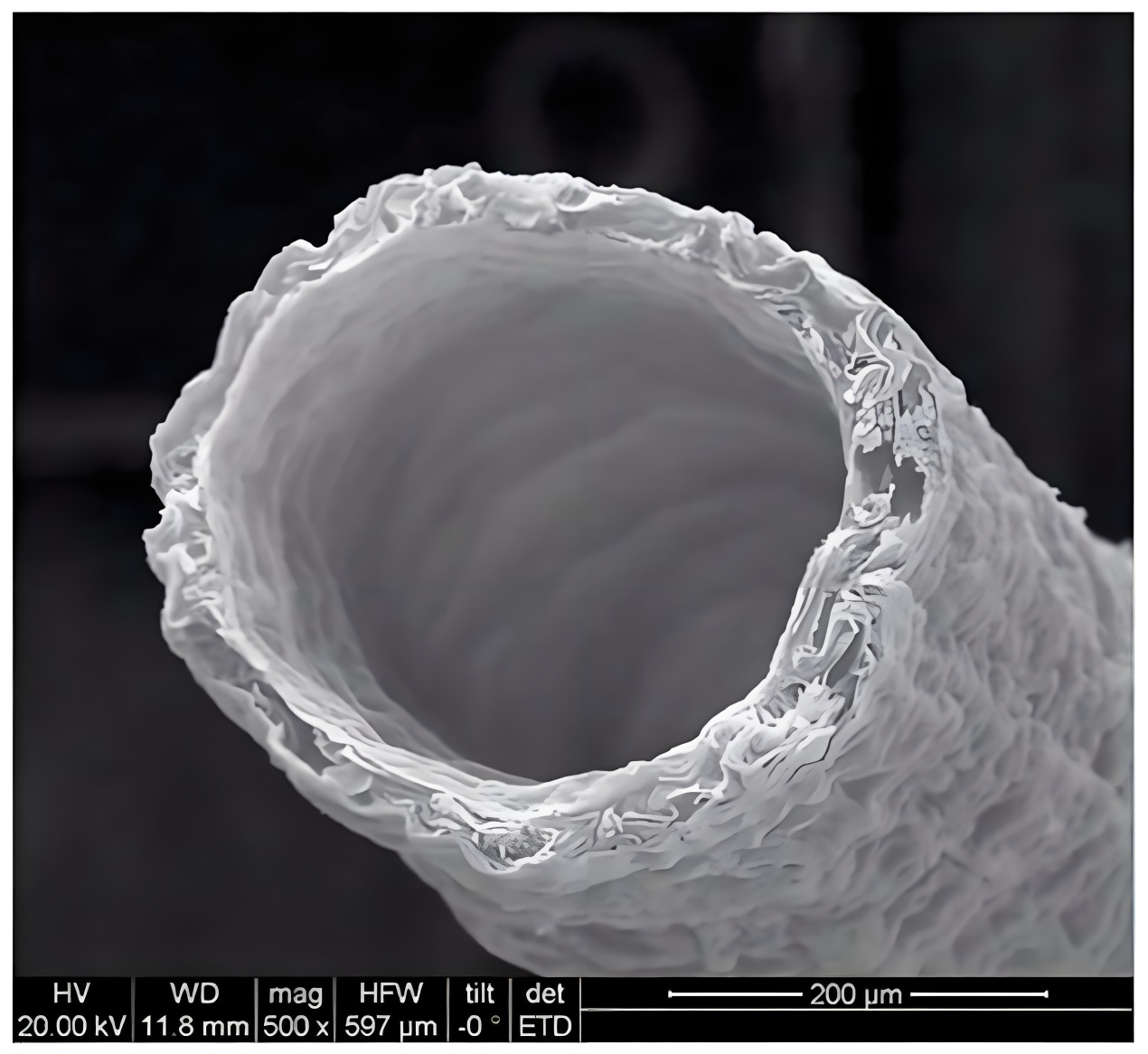
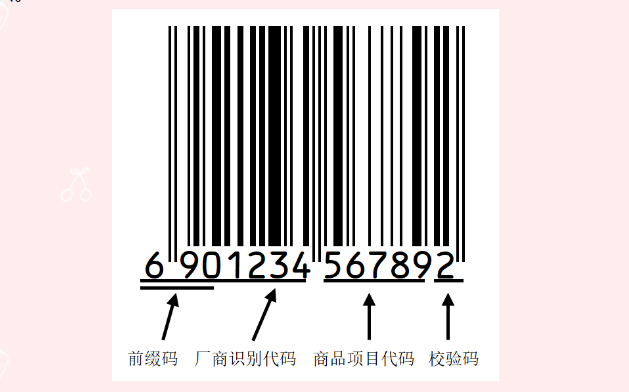

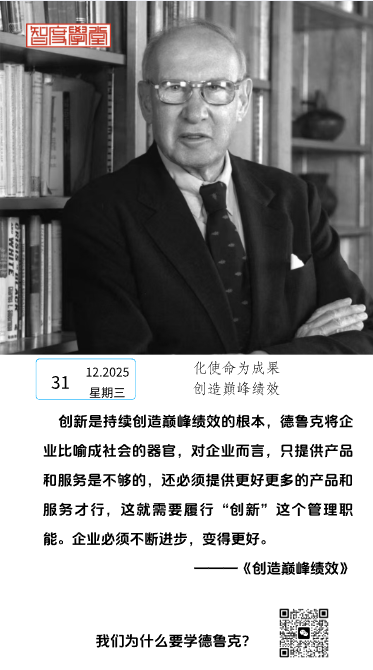


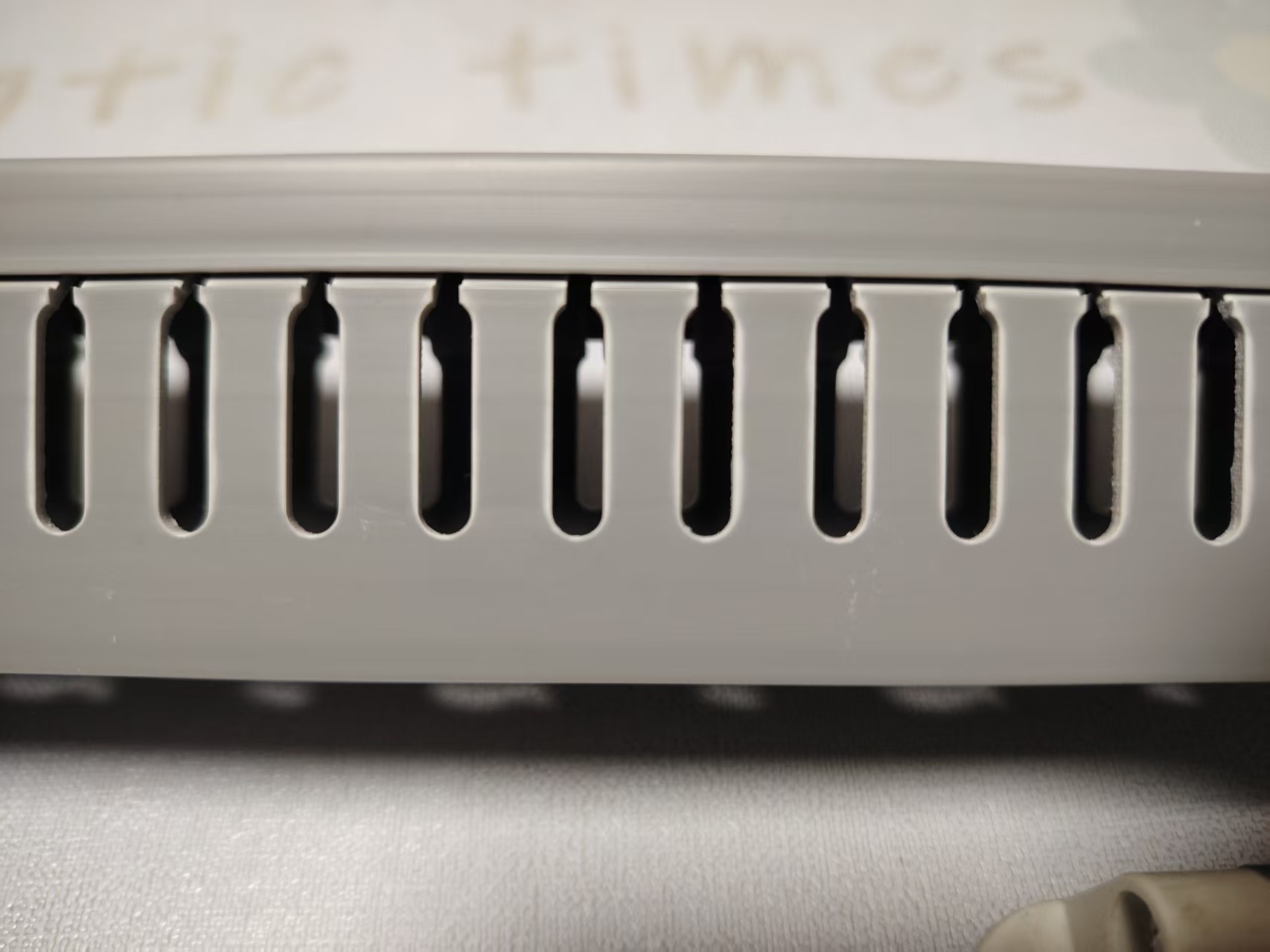


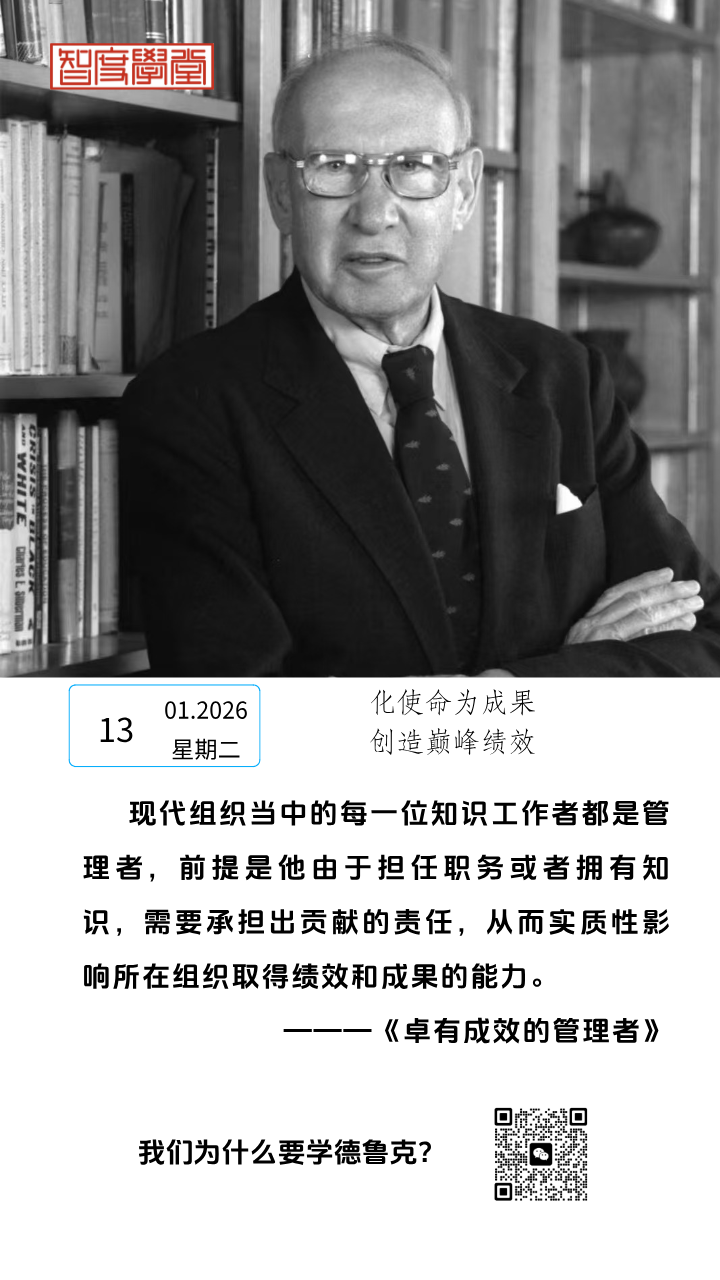
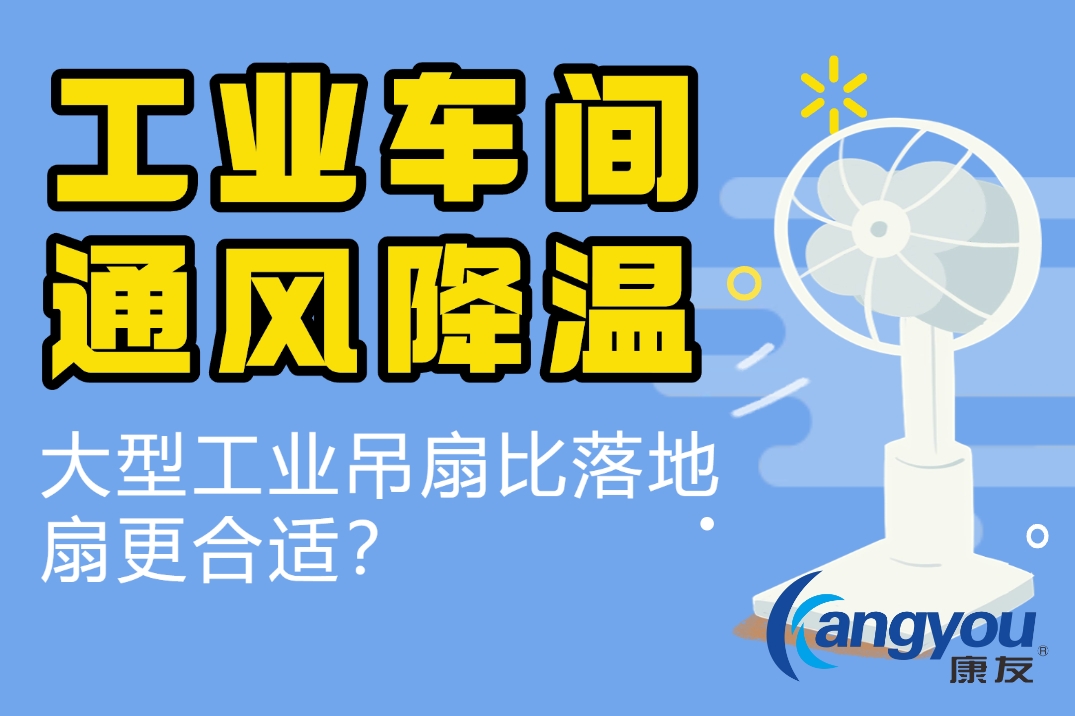

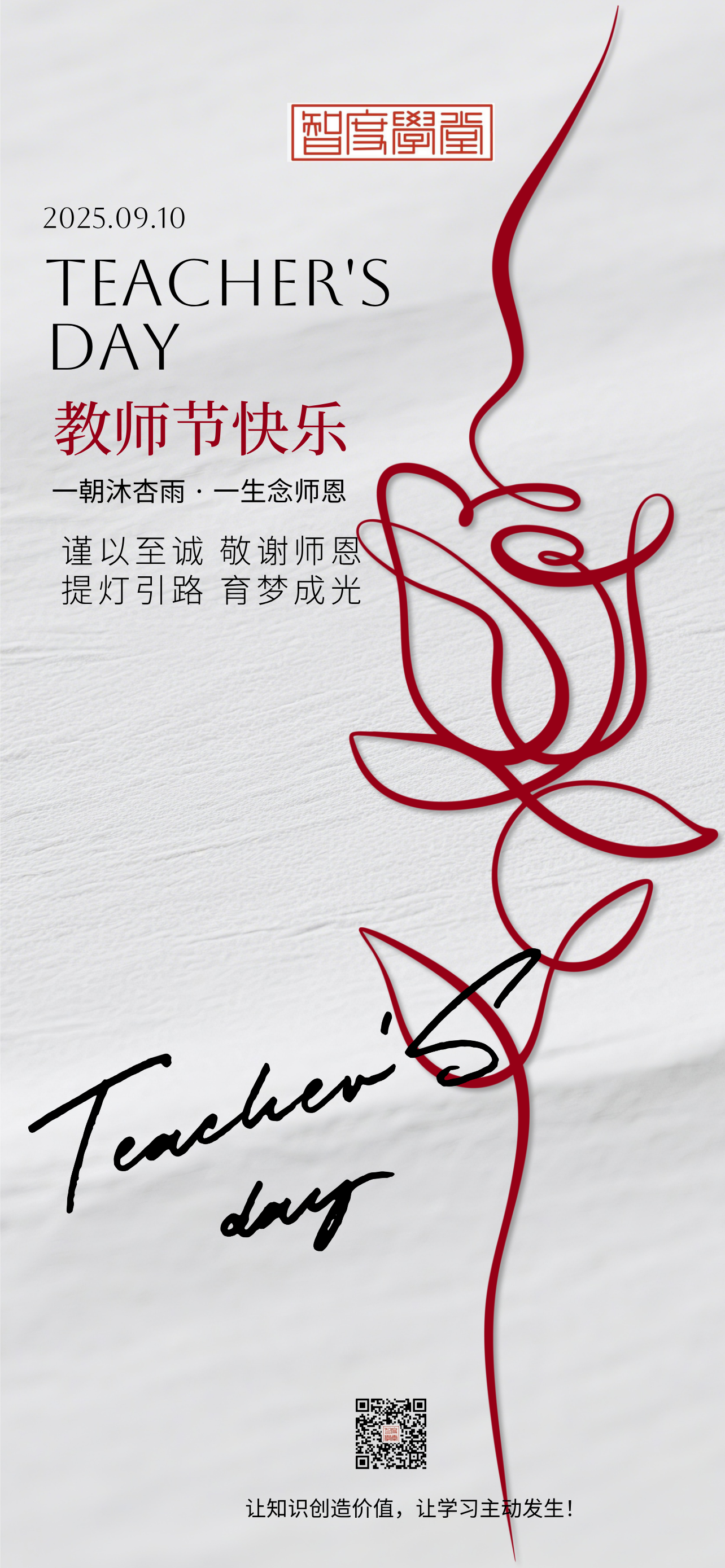



















请先 登录后发表评论 ~